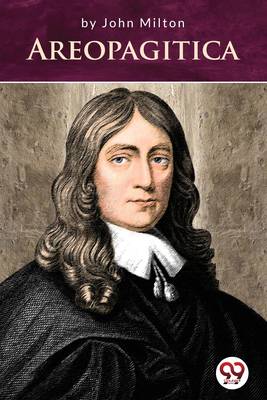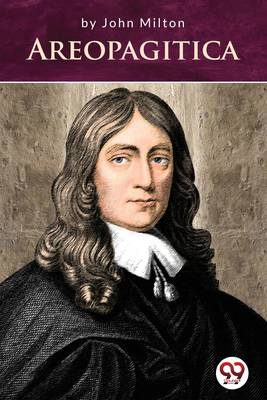
Je cadeautjes zeker op tijd in huis hebben voor de feestdagen? Kom langs in onze winkels en vind het perfecte geschenk!
- Afhalen na 1 uur in een winkel met voorraad
- Gratis thuislevering in België vanaf € 30
- Ruim aanbod met 7 miljoen producten
Je cadeautjes zeker op tijd in huis hebben voor de feestdagen? Kom langs in onze winkels en vind het perfecte geschenk!
- Afhalen na 1 uur in een winkel met voorraad
- Gratis thuislevering in België vanaf € 30
- Ruim aanbod met 7 miljoen producten
Zoeken
Omschrijving
One of the earliest written works on the idea of freedom of speech and freedom of the press is John Milton's Areopagitica. It was written as a statement of opposition against the censoring of printed literature. Milton's main contention is that while censorship may be carried out under morally righteous pretexts, it may also serve as a gateway for abuse of government authority.Milton stated that people shouldn't be subject to punishment by the state just because they published debatable content. Milton avoided discussing whether or whether legislation pertaining to press freedom is constitutional. Instead, he made an effort to demonstrate how press and censorship regulations may be misused. His arguments were logical rather than legalistic in nature.Sir Thomas Milton criticized the Licensing Order of 1643 in 1643. He claimed that it was problematic to require book licenses before they were widely circulated. After their first work was licensed, it forbade writers from ever altering or extending it. It prevented the dissemination of fresh and original thoughts or viewpoints on a subject. Books that should have been censored were released despite some erroneous censoring.The Licensing Order may have resulted in the prohibition of many religious texts. Censorship, according to Milton, is incompatible with nationalism and patriotism.
Specificaties
Betrokkenen
- Auteur(s):
- Uitgeverij:
Inhoud
- Aantal bladzijden:
- 46
- Taal:
- Engels
Eigenschappen
- Productcode (EAN):
- 9789356569829
- Verschijningsdatum:
- 22/04/2022
- Uitvoering:
- Paperback
- Formaat:
- Trade paperback (VS)
- Afmetingen:
- 152 mm x 229 mm
- Gewicht:
- 81 g

Alleen bij Standaard Boekhandel
+ 27 punten op je klantenkaart van Standaard Boekhandel
Beoordelingen
We publiceren alleen reviews die voldoen aan de voorwaarden voor reviews. Bekijk onze voorwaarden voor reviews.









